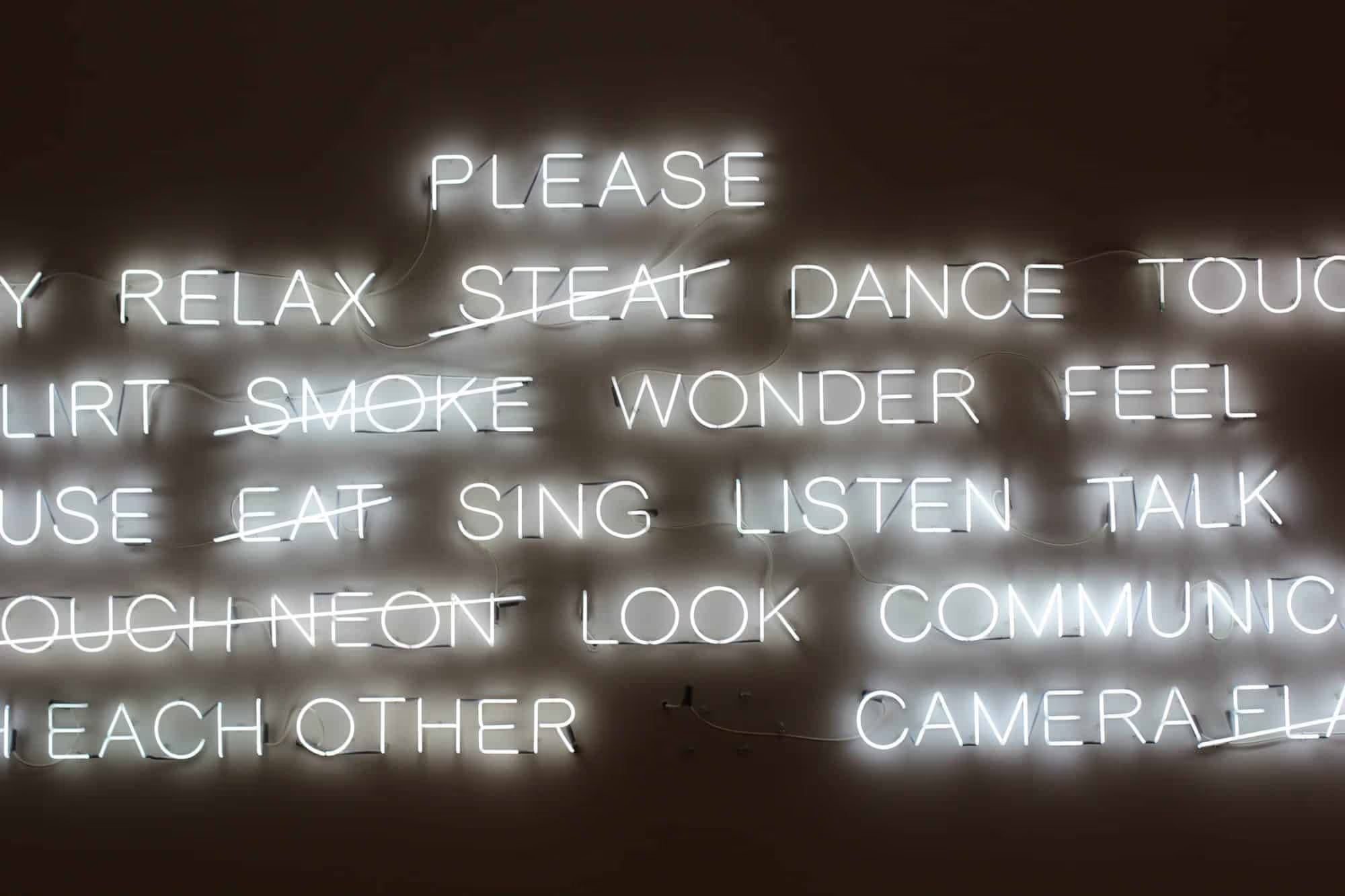
5 Intelligent Approaches To Idea Theft In The Office + Infographic
It’s a peculiar betrayal—intangible, almost invisible. In the modern office, where ideas are currency and collaboration is king, the theft of a thought can feel sharper than any stolen possession. What makes someone steal an idea? Is it malice, insecurity, or simply lazy opportunism? This article doesn’t just ask how to protect your brilliance—it asks why this happens in the first place, and what the ripple effects reveal about ambition, recognition, and survival in the workplace.

Have you ever come up with an idea and shared it with your co-workers, only to find out that they presented it as their own? Terrible feeling, isn’t it? It’s called idea theft. This is especially prevalent in collaborative environments, where ideas are shared and refined by several people. Sometimes it’s difficult to specify the owner.
Yet, deliberate idea stealing at work happens more often than you would think. Just take a look at the statistics we were able to gather.
Yes, the presented numbers are correct. We were as shocked as you are right now. We took our time, researched the topic and we will share our solutions for the problem. If you haven’t yet experienced it yourself, you might wanna go ahead and take a look at our piece on how to prevent idea theft.
So What Can You Do about Idea Theft
Let's have a look at the five steps you can take when you experience idea theft.
1. Speak Up
When idea theft happens, you need to speak up. But take it easy – no one likes drama queens. You shouldn't dramatically jump up from your chair and accuse your coworker of stealing. Rather, calmly expand upon the idea or specify the idea, frame it as a collaboration between your coworker and you. It will bring focus on you, the author of the idea but also tells your co-worker that you know the idea was yours. Don't be afraid to assert yourself and act when someone attempts to take credit for your work.
It’s important to mention that this should be done with no contempt or anger, instead view it as a respectful correction.
2. Start a Conversation
If the idea theft happened several times, especially with one co-worker, pull that person aside. You need to deal with it else it will impact your relationships and performance. Don't make it a dramatic confrontation, instead, it should be a respectful conversation. This step is also an important liberating experience, as many people feel injustice and anger when it happens.
You will need to use peaceful conversation and tone. Respectfully tell your coworker that you have noticed them mentioning your ideas as their own. Tell them that while you are flattered, you would appreciate them properly crediting you when they use one of your ideas.
3. Use an Idea Management Tool
This might be an obvious suggestion from us – Afterall we developed Ideanote. It’s not a self-serving answer though. Idea management software records every step of the innovation process and removes confusion about ownership.
Most of the ideas will be created collaboratively anyways. That essentially minimizes the risk of idea theft in your company. Ideanote also shows any contribution made during the process and built-in security enables trust-based collaboration. Why stealing when you can co-produce?
4. Try to Understand
Remember, responsible adults don’t furiously argue at the workplace. While thoughts of revenge and anger are justified, you need to control yourself. You need to also consider that your co-worker could be working on the same idea as yours. Unlikely, but it could happen.
No matter what the situation is; the deeper you steep in the unhappiness and feelings of injustice, the longer you stay unproductive. Forgive the person and begin to encourage them to bring their own ideas to the table. This will build up their confidence, minimizing the risk of theft in the future.
5. Continue to Excel
While it may not feel like it, people stealing your ideas is a compliment. So instead of responding to their actions with anger, take it as a learning opportunity. You need to understand that it probably wasn’t personal. The best response to people stealing your ideas is to continue to excel and generate more amazing ideas.
If anything, take idea theft as a compliment. Be happy that you are a person who is creative enough to think of great ideas.
Next up to Read:
Protect, Share, and Track Ideas with Confidence




